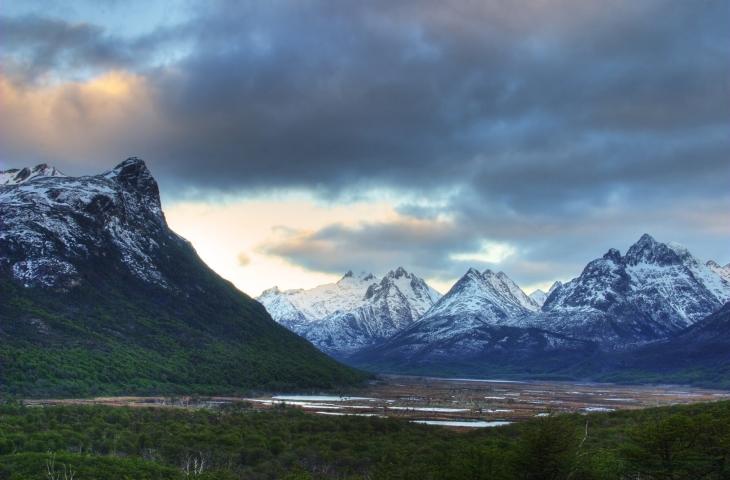MILAN - According to scientists, in the case of Lake Poopó there might not be nearly anything left to do, while in the plateaus across the Andes, also glaciers are starting to suffer from the effect of a climate that is getting hotter and hotter. In a remote area of the world, Bolivia, The Guardian took a snapshot of the stress that water resources have been put under: in a lengthy report it shows how the increase in temperatures together with explosive weather phenomena could lead in future years to a reduction in water resources in the South American state. With all the consequences that follow.
Seeking the primary causes
German glaciologist Dirk Hoffman explained that the main reason for the acceleration of glacial fusion in Bolivia has been the increase in temperature due to the use of fossil fuels. And also the great water basins, as well as glaciers, suffer for this reason. The water sources of Lake Poopó, the largest after Lake Titicaca, are at great risk also for another factor identified by the local authorities: bad management of the resources caused by a deviation of water courses that does not allow correct water replenishment. Regional governor Victor Hugo calculated that Poopó reduced in size by 2% while biologist Mark B. Bush of the Florida Institute of Technology said that this long term trend is destined to menace the entire system of Andean plateaus.
Record heat in 2015
As we showed in a previous article, 2015 has been a record year in terms of heat. This was reported by NASA and by the National Oceanic and Atmospheric Administration (NOAA), the American Federal Agency for Meteorology. The report explains how the average global temperature has been 1 degrees above the average of the 1880-1899 period. The value is the highest ever recorded in the last 136 years, surpassing also the 2014 record by 0.16 degrees.
by Salvatore Galeone











